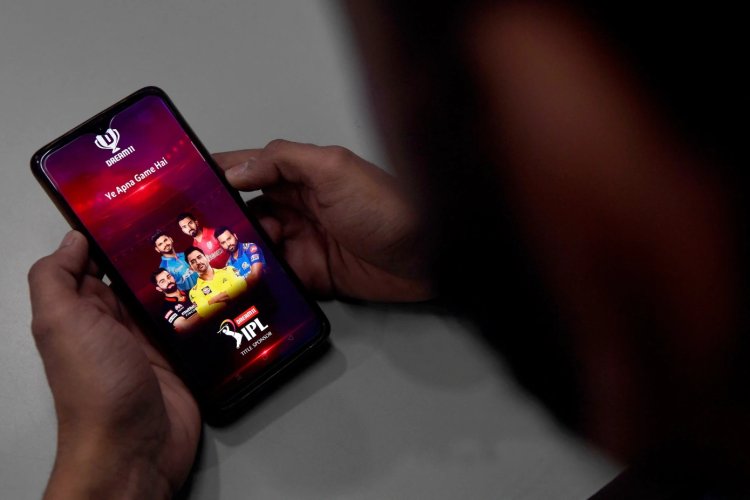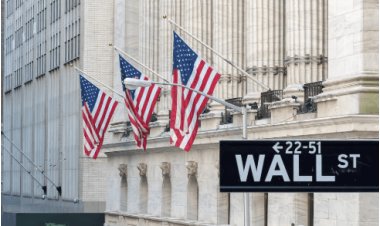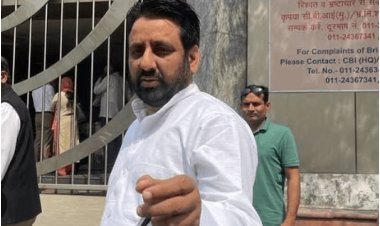Peak XV, Tiger Global, and other stakeholders call on PM Modi to reassess India's online gaming taxation
Peak XV, Tiger Global, and other stakeholders are urging Prime Minister Narendra Modi to review India's taxation policy on online gaming.

Global and Indian investors, including Tiger Global, DST Global, Peak XV, Steadview Capital, and Kotak Private Equity, have expressed concern over India's recent decision to impose a 28% indirect tax on online gaming, casinos, and horse racing. The Goods and Services Tax Council, comprising federal and state finance ministers, made this decision to eliminate the distinction between "game of skill" and "game of chance," which previously allowed fantasy sports companies to justify their offerings as skill-based.
In a letter addressed to Prime Minister Narendra Modi, 30 investors emphasized that the taxation measure inadvertently equates the legitimate online skill gaming industry with gambling and other games of chance. They had originally invested in the sector with the vision of making India the gaming capital of the world, fostering high-skilled jobs, attracting foreign capital, and establishing the country as a net exporter of innovation in gaming-related areas such as animation, artificial intelligence, and visual effects.
Online gaming is rapidly growing as a consumer internet business in India. Fantasy sports startups, backed by prominent investors like Tiger Global and Sequoia India, have collectively raised billions of dollars as the internet user base embraces placing bets on real-world sporting events with hopes of winning money.
The investors' letter urged the government to consider several crucial aspects before implementing the taxation rule:
a. They highlighted the potential detrimental impact of levying GST on every contest played and fully taxed winnings, leading to an exorbitant 1,100% increase in GST burden. Taxing redeployed player winnings repeatedly could render the online real money skill gaming business model unviable, causing write-offs of investments and damaging investor confidence.
b. The letter proposed an alternative approach that considers the "full value of bets" as the full deposit value, similar to casinos, which would result in a 350% increase in GST burden. This could force the closure of many gaming startups and necessitate significant industry restructuring for survival. Additionally, digital deposits through authorized payment channels would enable GST authorities to track and verify all filings, minimizing manipulation risks.
c. Another suggestion was to impose a 28% GST on the Gross Gaming Revenue (GGR) or platform fees, which would result in a 55% increase in GST quantum. This approach would ensure the survival of Indian online gaming operators and make them significant contributors to the national economy. Moreover, such a method aligns with internationally accepted practices in the gaming industry.
In conclusion, the investors are urging the Indian government to reconsider the online gaming taxation to support the growth and sustainability of the burgeoning gaming sector in the country.
Next Article

 chandni
chandni 



